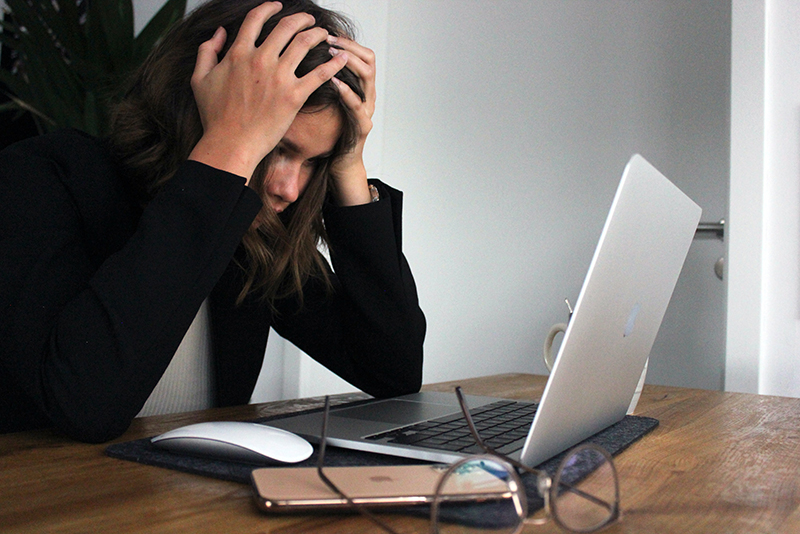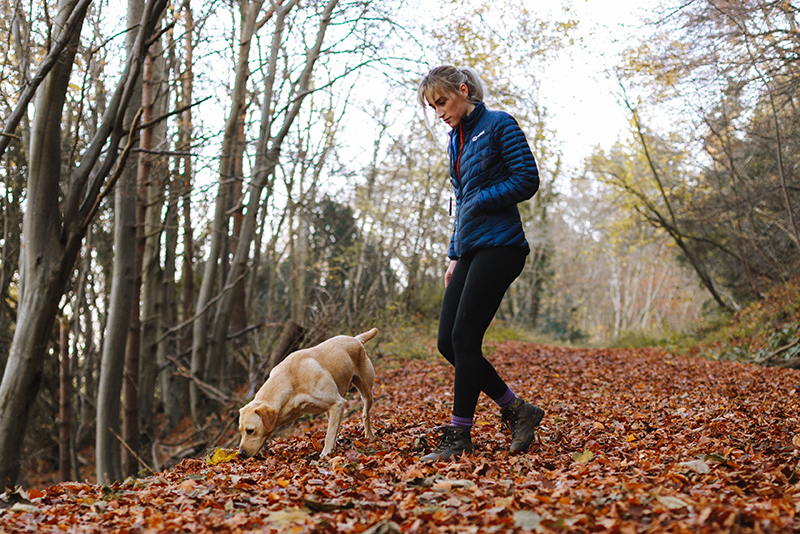By Dr. Lipi Roy, MD, MPH, FASAM | CONTRIBUTOR |
Two years ago, on a Friday afternoon, I was walking down the middle of Fifth Avenue. The iconic New York Public Library was on my left. On any given day of the week, this renowned street would be bustling with cabs, MTA buses and trucks.
But on this day in April 2020, it was deserted. The entire city in fact, was a ghost town. No tourists on the steps of the library, walking to Bryant Park or window-shopping outside Saks. New York City was on lockdown. In the ensuing two years, life as we knew it would be forever altered. And our individual and collective capacity to cope – physically and mentally – with a historic global infectious outbreak would be tested in a way it had never been tested before.

Little did I know that the next two years would be the most challenging for me, personally and professionally.
Two months after that surreal walk along Manhattan’s empty streets, I was hired to become the first Medical Director of COVID Isolation and Quarantine Sites for Housing Works, a New York-based nonprofit dedicated to fighting HIV/AIDs and homelessness.
In this role – funded by the City’s Department of Homeless Services (DHS) – I helped implement and oversaw medical services at vacant hotels that now housed COVID-infected or -exposed homeless men and women who could not safely isolate or quarantine in their congregate, crowded shelter settings. I was on call, 24/7, addressing concerns from nurses, therapists and DHS administrators, making in-person site visits while also attending 4-5 hours of virtual meetings each day.

I had other clinical responsibilities. Once per week, I treated patients with opioid use disorder at a Bronx-based harm reduction clinic. And once vaccines became available, I spent weekends working at vaccination sites, including the state-run Javits Center where, at peak, 15,000 people were vaccinated against COVID-19 in one day. I also merged my passion for medicine with media in order to educate and empower the public about this novel coronavirus.
I made over 300 on air appearances as an MSNBC and NBC News Medical Contributor discussing all health aspects related to COVID-19, from neurologic and GI symptoms, to rising hospitalizations, multiple mutations and mitigation measures. I was also writing medical articles for Forbes.
Suffice to say, I was burning out.
I share my story because I am sure that aspects of it will resonate with many of you. Studies showed that American workers experienced heightened burnout in 2021. According to the American Psychological Association, 79% of U.S. employees experienced work-related stress and 44% reported physical fatigue – a 38% increase since 2019. Certain professions, such as teachers and health care professionals, are uniquely prone to high rates of burnout.

Despite the increased rates of emotional and physical exhaustion, the good news is that there are many simple and effective ways to address burnout by cultivating our mental fitness and focusing on self-care. While the brain – contrary to popular belief – is not a muscle, it is a highly complex organ responsible for emotions, habits, ‘executive’ decision-making, memory, speech and movements. The human brain is the most complex machine known to humankind, and like our muscles, it needs exercise and other forms of special attention.
5 Tips for Mental Fitness & Self-Care

Here are five simple and effective ways to optimize our brain fitness and improve self-care:
Once I realized that I was operating at an unsustainable pace, I made several changes to preserve my mental and physical health. I transitioned to part-time clinical; I took 20-30 minutes each day to either go for a run or do cardio kickboxing indoors (plenty of free YouTube videos!); I bought a piano and played almost every night; and I connected with my family and friends by phone, Skype and in person when it was safe to do so.
I also took immense joy in doing nothing: after a long day, I would lie down on my sofa, maybe watch some light comedy like the Golden Girls (Rose Nylund’s stories of St. Olaf get me every time!), and just let the tension from my brain and body melt away. Explore which mental exercises and self-care practices work best for you – your brain and body will thank you
Subscribe to get notifications about future articles.
About the Author: Dr. Lipi Roy, MD, MPH, FASAM – Contributor
Dr. Lipi Roy is an internal medicine physician board-certified in addiction medicine, a dynamic keynote speaker, a sought-after media medical commentator and the host of the newly-launched YouTube series, Health, Humor and Harmony. Dr. Roy currently serves as a Medical Director at Housing Works in New York City and as clinical assistant professor at NYU Langone Health, and treats patients with opioid addiction at St. Ann’s Corner of Harm Reduction in the Bronx. Dr. Roy’s work spans academia, clinical medicine, homeless health, social and criminal justice, public speaking and media. As the former Chief of Addiction Medicine for Rikers Island, Dr. Roy oversaw substance use treatment and recovery services at the nation’s 2nd-largest jail complex.
Previously, Dr. Roy was a primary care doctor to Boston’s homeless population and served as an attending physician at Massachusetts General Hospital and as faculty at Harvard Medical School. Dr. Roy completed her medical and master’s in public health degrees at Tulane University, followed by residency training in internal medicine at Duke University Medical Center.
Dr. Roy’s mission is to educate and empower the public to make healthy decisions. Dr. Roy’s is a Forbes contributor and former MSNBC and NBC News Medical Contributor, making over 300 on air appearances discussing all health aspects of COVID-19. Dr. Roy has also appeared on CNN, The Tamron Hall Show, Charlie Rose, CBS New York and PIX11, and has been featured in The New York Times, Boston Globe, Wall Street Journal, Cooking Light and Oprah.com. Dr. Roy shares her medical expertise on her website and YouTube channel (subscribe!). She can be followed on Twitter, Linkedin, Facebook, Instagram and TikTok.


